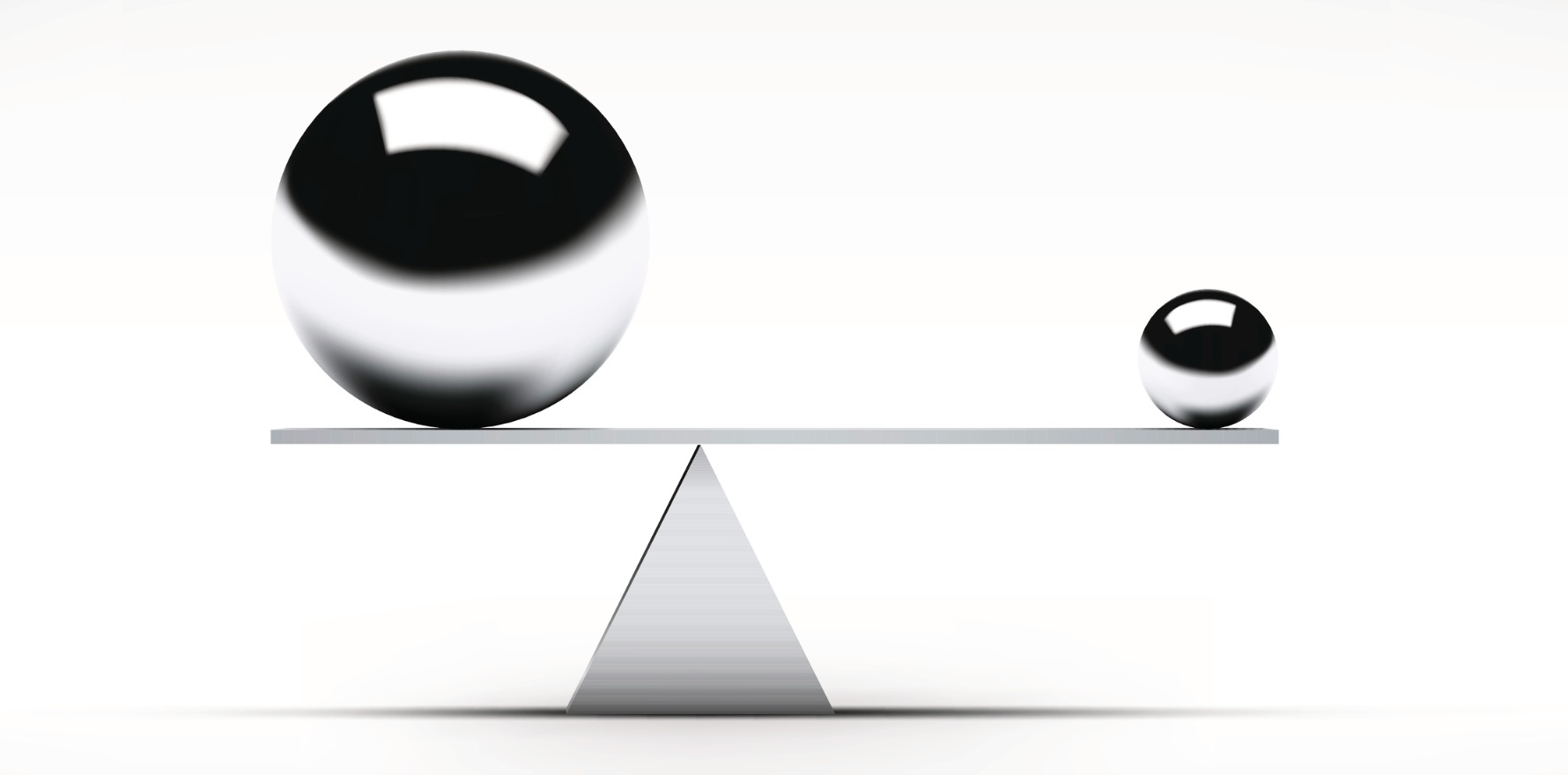GPs and non-GP specialists assess neurodevelopmental conditions in the same amount of time, but one rebate is worth half the other.
Changes to the MBS have brought substantial benefits to patients with complex neurodevelopmental disorders such as autism, but once again fail to respect the skills of GPs compared with their non-GP specialist colleagues.
Introduced on 1 March, the changes have increased the minimum age of eligibility for diagnosis and assessment of a complex neurodevelopmental disorder or eligible disability from 13 to 25. The list of eligible disabilities has also been expanded to include fetal alcohol spectrum disorder (FASD), Lesch-Nyhan Syndrome, and 22q deletion syndrome.
The changes apply across four medical practitioner item numbers (135, 289, 137 and 139) and across an expanded list of allied health assessment (82000, 82005, 82010, 82030, 93032, 93033, 93040 and 93041) and treatment items (82000, 82005, 82010, 82015, 82020, 82025, 82030, 82035, 93032, 93033, 93035, 93036, 93040, 93041, 93043 and 93044).
Also new is that the number of allied health assessment services has doubled to eight per lifetime, as long as the referring medical practitioner agrees, and allied health interdisciplinary referrals are now permitted, also with the agreement of the referring practitioner.
For patients the news is all good. The changes will “directly improve access and promote quality care by supporting safe clinical practice and reflect contemporary best practice regarding access to services for children and young adults with complex neurodevelopmental disorders and eligible disabilities”, said the Department of Health and Aged Care update.
“The changes allow for more flexibility and there is an acceptance that people with complex neurodevelopment disorders may start to engage with services later than the age of 13,” said Professor Mark Morgan, chair of the RACGP Expert Committee for Quality Care, and a member of the Allied Health Reference Group which made the original recommendations to the MBS Review Taskforce in 2019.
The disappointment for GPs is in the fine print, however.
“There are two disappointments,” Professor Morgan told TMR.
“The first is that eligibility still relies on a list of eligible conditions rather than assessment of clinical need for services. The clinician should be able to assess that need and then the MBS item numbers flow from there.”
But then there’s the money.
“There are two identical item numbers here. The first – 137 – is for a 45-minute specialist consultation for the assessment and development of a treatment plan. The second – 139 – is for exactly the same thing, conducted by a GP.
“The difference is that the rebate for the GP consultation is $142. The rebate for the non-GP specialist consultation is $283.
“Once again the value placed on the time spent by a qualified generalist is different to that of a non-GP specialist,” said Professor Morgan.
“The consequences of that flow into the financial stress of running a GP practice, difficulty in attracting a GP workforce, and so on.
“It’s very disappointing.”





